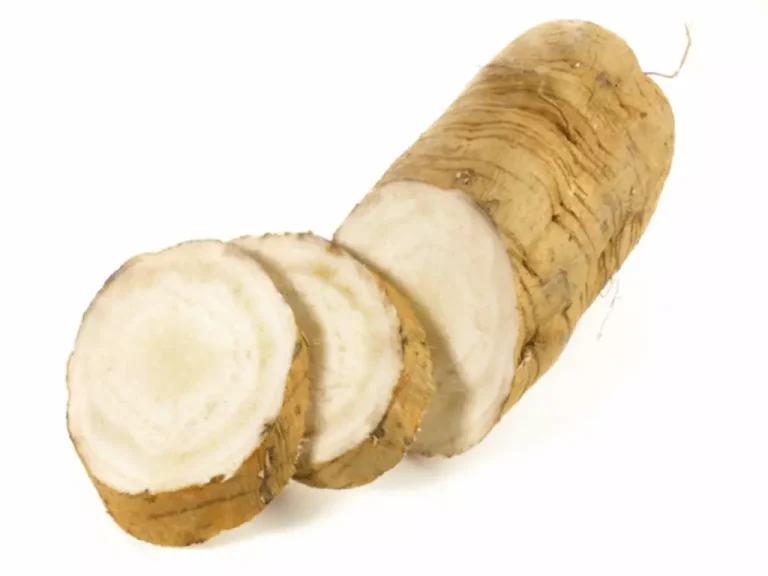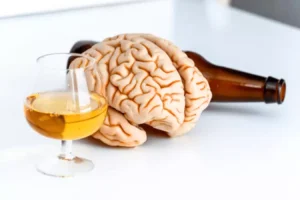
Leclercq et al. [67] found a correlation between leaky gut and inflammation with modifications in scores of depression, anxiety and social interactions in alcohol craving. Along the same line, it has been shown that rats replicate several behavioral and biochemical alterations after stool transplantation from patients with depression and anxiety behaviors [68]. In the study of Xiao et al. [52] transplanted microbiota in mice from alcoholic to healthy, developed emotional symptoms, such as anxiety, which occurs during abstinence. Although alcohol is absorbed through the mucosa of the entirely gastrointestinal tract by simple diffusion, it is mainly absorbed in the upper part of the tract [38], the majority of it (70%) in the small intestine [39].
LPS Stimulation assay
Standard curves were generated using 5-parameter logistic regression using the xPONENT™ software provided with the MAGPIX instrument (Luminex, Austin TX). Dose-dependent secretion and fold induction were modeled based on g/kg/day ethanol consumed and tested for linear fit using regression analysis in Prism 8 (GraphPad, San Diego CA). P-values were calculated using F-tests testing if the slope was significantly non-zero. T and B cell activation in the presence of retinoic acid results in the up-regulation of gut-homing molecules and generation of IgA-secreting B cells (Mora, Iwata et al. 2008).

Impact of Chronic Inflammation on Health

Vitamin D deficiency results in reduced differentiation, phagocytosis and oxidative burst, by monocytes as well as defective bactericidal activity by keratinocytes (Fabri, Stenger et al. 2011, Djukic, Onken et al. 2014). Catalase is localized to peroxisomes and requires does alcohol weaken your immune system hydrogen peroxide to oxidize alcohol into water and acetaldehyde. Alcohol metabolism can also take place in the pancreas by acinar and pancreatic stellate cells, which contributes to the development of alcoholic pancreatitis (Vonlaufen, Wilson et al. 2007).
- Ethanol seems to impair dermal fibroblast function, which plays a role in wound healing.
- Similarly, ONP cells isolated from newborn mice and cultured in vitro in the presence of 100 mM ethanol for 12 days failed to respond to IL-7 and commit to the B lineage, suggesting intrinsic defects (Wang et al. 2011).
- “By damaging those cells in your intestines, it can make it easier for pathogens to cross into your bloodstream,” says Nate Favini, MD, medical lead at Forward, a preventive primary care practice.
- Furthermore, it has been described that alcohol consumption would also have effects on other microbiota derived metabolites, leading to increases in branched-chain amino acids [77] and peptidoglycans [78].
Effects of Moderate Ethanol Consumption on Adaptive Immunity
- Primates have a threelayer adrenal cortex with cortisol being the primary glucocorticoid produced in the zona fasciculata (Nguyen and Conley 2008), which is released in response to stress (O’Connor, O’Halloran et al. 2000).
- So if the liver’s immune system is unnecessarily activated due to heavy drinking, it can lead to liver disease.
- In such patients, alcohol impairs mucosal immunity in the gut and lower respiratory system.
- The first point of contact for alcohol after consumption is the gastrointestinal (GI) system before it is absorbed into the bloodstream.
Although acetaldehyde is only in the body for a short time, it can cause damage to several organs and tissues, including the liver, brain, pancreas, and gastrointestinal tract. Alcohol-mediated effects on CD8+ T-cell function also have been linked to impaired immunity in the lung in response to influenza infection (Meyerholz et al. 2008). Whether the increased viral load measured in SIV-infected chronic alcohol-fed macaques can be attributed to diminished CD8+ T-cell function remains to be established (Bagby et al. 2006; Kumar et al. 2005). Principal signaling pathway and molecules involved in the communication microbiota/gut to the brain and liver.
Does Alcohol Cause Inflammation?
In contrast to these deleterious effects of heavy alcohol exposure, moderate alcohol consumption may have beneficial effects on the adaptive immune system, including improved responses to vaccination and infection. The molecular mechanisms underlying ethanol’s impact on the adaptive immune system remain poorly understood. Studies also have analyzed the role of GM-CSF in alcohol-induced oxidative stress and impaired lung immunity.
In vitro studies have shown that acute exposure for 2 to 4 hours of Caco-2 cells (human colon adenocarcinoma cell line) to 43 mM of alcohol increased CYP2E1, which correlated with higher intestinal permeability (measured by trans-electrical epithelial resistance). Reducing the expression of CYP2E1 (i.e., knockdown) by small-interfering RNA reversed alcohol-induced alteration in cell permeability (Forsyth et al. 2013). Furthermore, CYP2E1 metabolism of alcohol https://ecosoberhouse.com/boston-sober-house-roxbury/ and its oxidative stress products induced reduction and oxidation-sensitive circadian CLOCK (clock circadian regulator) and PER2 (period circadian clock 2) protein expression in intestinal epithelial cells (Caco-2 cells). Thus, alcohol can disrupt circadian rhythms at the level of gene transcription in the intestine. Growing evidence suggests that alcohol disrupts circadian rhythmicity, probably by intestinal-derived lipopolysaccharide (Voigt et al. 2013).
- By illuminating the key events and mechanisms of alcohol-induced immune activation or suppression, research is yielding deeper insights into alcohol’s highly variable and sometimes paradoxical influences on immune function.
- Finally, exposure to ethanol concentrations of 0.4 to 2 percent had a more profound effect on apoptosis of cultured thymocytes than on mature T cells (Slukvin and Jerrells 1995).
- These data suggest that the alveolar epithelium actually is dysfunctional after alcohol exposure, even though it seems normal and is able to regulate the normal air–liquid interface by enhancing sodium channels at the apical surface.
- What’s more, a short period of binge drinking — let’s say a month — can cause a reduction in T cells.
Alcohol and HIV Effects on the Immune System

As illustrated above, patient care is clearly complicated by alcohol-induced immunity issues. The mechanisms described explain alcohol’s role in causing immune deficiency in the gut and respiratory mucosa. With greater awareness of these mechanisms, researchers and clinicians will have a better understanding of how alcohol affects the human immune system, leading to the eventual development of new strategies to reduce adverse outcomes in the affected population. 1 T-cell activation was assessed by measuring the expression of human leukocyte antigen (HLA)-DR on the patient’s CD8 cells.


